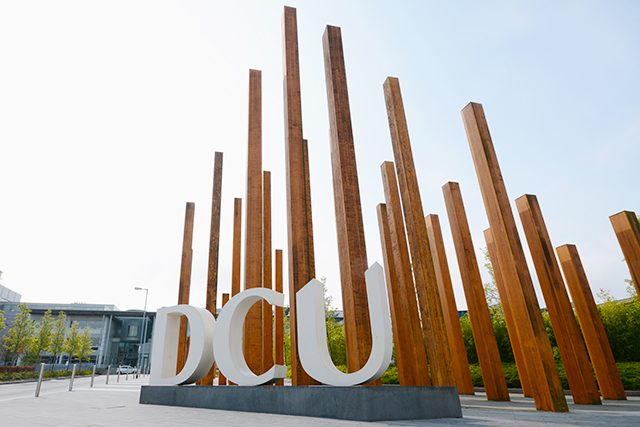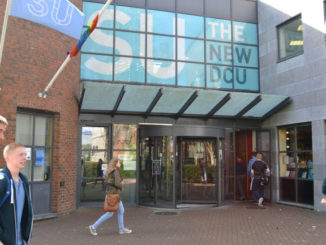
[dropcap]D[/dropcap]CU campus accommodation is set to increase the cost of rent by four per cent for the academic year 2020/2021.
According to DCU Chief Operations Officer, Declan Raferty: “The pricing structure for DCU’s students residences is reviewed annually and for the next academic year… the prices will be increased by 4%.”
This price increase comes following a three year refurbishment investment programme of €3.8m in DCU student residences, with a further €1.6m refurbishment programme set to take place.
The College View acquired this information when questioning Dr Raferty about the UCD rent increase of four per cent per year for the next three academic years and whether a similar rent increase could occur in DCU.
Purpose Built Student Accommodation, such as DCU campus accommodation has fallen under the Residential Tenancies Bill rent caps since July 2019.
These caps do not allow for rent increases of more than four per cent yearly, meaning DCU have decided to increase on-campus accommodation by the highest amount legally possible.
Under this bill, as long as the rent increase is of four per cent or lower, there is no limit to the number of years the rent can continue to increase for.
The current cost of a single room in Hampstead costs €6252 for the academic year 2019/2020, this will increase to €6502 for the next academic year.
For the more expensive College Park Superior apartments, prices will increase from €7001 to €7281.
This comes after UCD’s recent decision to raise their on-campus student accommodation rent by four per cent per year for the next three years.
Trinity College Dublin’s Finance Committee are also set to discuss the proposition of increasing on-campus rents by four per cent according to documents acquired by The University Times.
The rent increase on both DCU and UCD campuses is being attributed to the creation of additional student accommodation in order to increase capacity.
In December, DCU obtained planning permission for the construction of an additional 1,240 bedrooms on the Glasnevin campus.
According to Dr Raferty, this planning permission was obtained to “address the shortage of student accommodation in the region.”
“As there are no government grants or support available for such developments this significant capital investment will be made by DCU itself through debt finance.” he said.
Dr Raferty also noted that while DCU is aware of the concerns of students regarding the availability of affordable student accommodation, DCU continues to keep its prices below market rates.
However, he continued to say that the costs of constructing new student accommodation are continuing to rise, all of which is outside the control of the university.
Áine O’Boyle and Róisín Phelan
Image Credit: Jonathon Lynam



